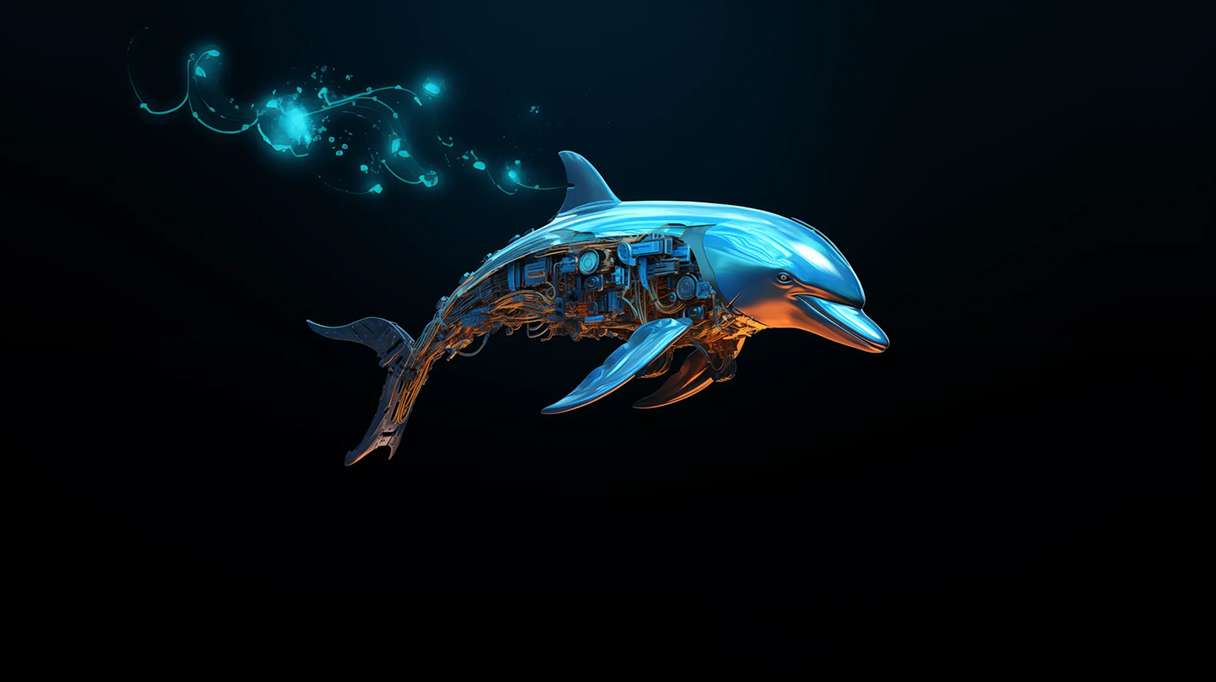 In this post, I’ll point you to MyRocks Docker images with binaries, allowing you to install and play with the software.
In this post, I’ll point you to MyRocks Docker images with binaries, allowing you to install and play with the software.
During the @Scale conference, Facebook announced that MyRocks is mature enough that it has been installed on 5% of Facebook’s MySQL slaves. This has saved 50% of the space on these slaves, which allows them to decrease the number of servers by half. Check out the announcement here: https://code.facebook.com/posts/190251048047090/myrocks-a-space-and-write-optimized-mysql-database/
Those are pretty impressive numbers, so I decided to take a serious look at MyRocks. The biggest showstopper is usually binary availability, since Facebook only provides the source code: https://github.com/facebook/mysql-5.6.
You can get the image from https://hub.docker.com/r/perconalab/myrocks/.
To start MyRocks:
docker run -d --name myr -P perconalab/myrocks
To access it, use a regular MySQL client:
mysql -h127.0.0.1
From there you should see RocksDB installed:
|
1 2 3 4 5 |
show engines; +------------+---------+----------------------------------------------------------------+--------------+------+------------+ | Engine | Support | Comment | Transactions | XA | Savepoints | +------------+---------+----------------------------------------------------------------+--------------+------+------------+ | ROCKSDB | DEFAULT | RocksDB storage engine | YES | YES | YES | |
I hope it makes easier to start experimenting with MyRocks!






